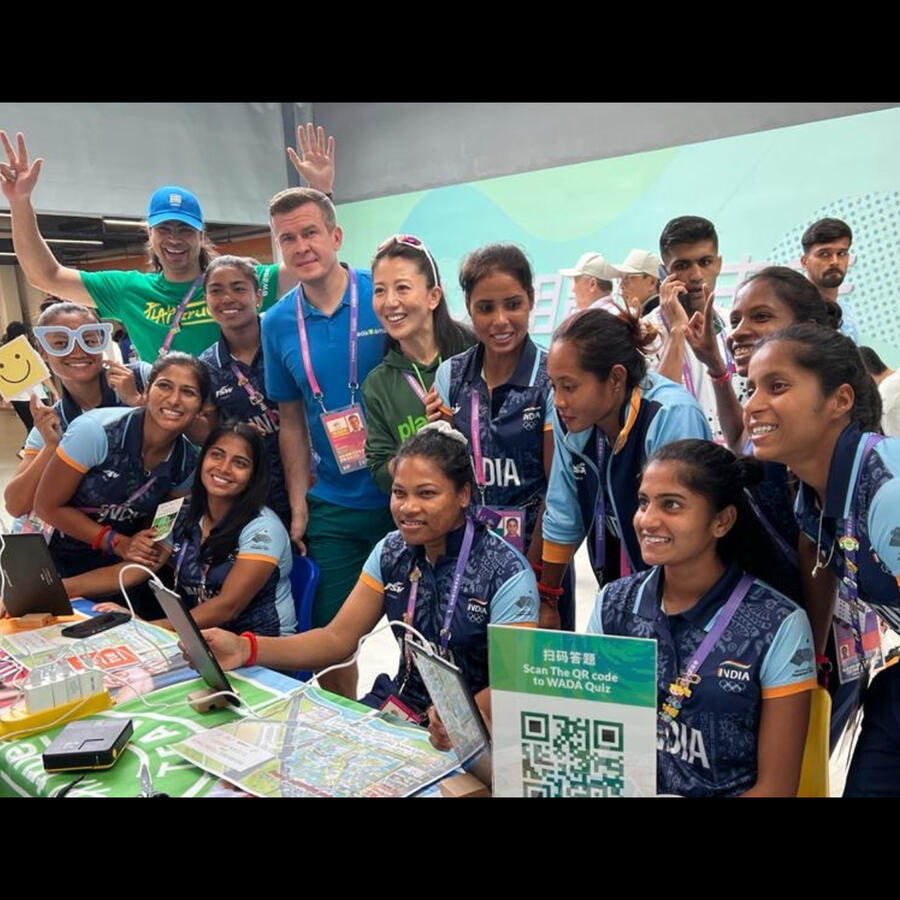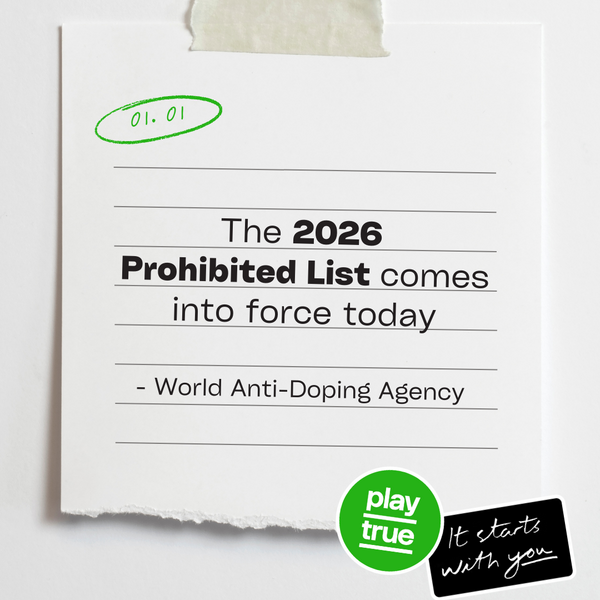Releases
WADA publishes Independent Observer team report for the 2022 Asian Games

The World Anti-Doping Agency (WADA) has published its Independent Observer (IO) team report regarding the anti-doping program of the 2022* Asian Games, which were held in Hangzhou, China, between 23 September and 8 October 2023.
WADA’s IO program is an important element of its compliance monitoring of Major Event Organizations, with IO teams providing an independent review of all aspects of the anti-doping programs as delivered at major events around the globe, including the Olympic and Paralympic Games. In addition to publishing this written report after the event, the team was also able to provide real-time feedback during the Games in a positive and collaborative way.
Most of the anti-doping program of the Games was operated by the International Testing Agency on behalf of the Olympic Council of Asia with support from the Chinese Anti-Doping Agency and the local organizing committee. WADA’s IO team collaborated with the various organizations to help strengthen the program. The team consisted of:
-
Nick Paterson (New Zealand), Chief Executive Officer, Drug Free Sport New Zealand (Chair);
-
Louis Duparc-Portier (France), Manager, WADA Compliance Unit (Vice-Chair);
-
Saravana Perumal Shanmugam (India), Manager, WADA Asia/Oceania Office;
-
Merey Tan (Singapore), General Manager, Anti-Doping Singapore; and
-
Gaby Ahrens (Namibia), Vice-Chair of the WADA Athlete Council and Olympic sport shooter.
Mr. Paterson said: “It was a pleasure leading WADA’s Independent Observer team in China for the 2022 Asian Games. On behalf of the entire team, I would like to thank and commend the efforts of the International Testing Agency, CHINADA and those who contributed to the success of the anti-doping program, as well as highlight the dedication of the staff and volunteers who played a critical role in ensuring that the anti-doping program was carried out effectively.”
The IO team observed all aspects of the Games’ anti-doping program, including:
- Test distribution planning and implementation;
- Recruitment and training of sample collection personnel;
- Athlete selection, notification and sample collection procedures;
- Transport and chain of custody of samples;
- Therapeutic Use Exemption procedures; and
- Results management.
In addition to featuring the strengths of the program, the report also identifies a number of recommendations and best practices to consider for future Asian Games and other major events.
*The Asian Games were originally scheduled to take place in September 2022.

